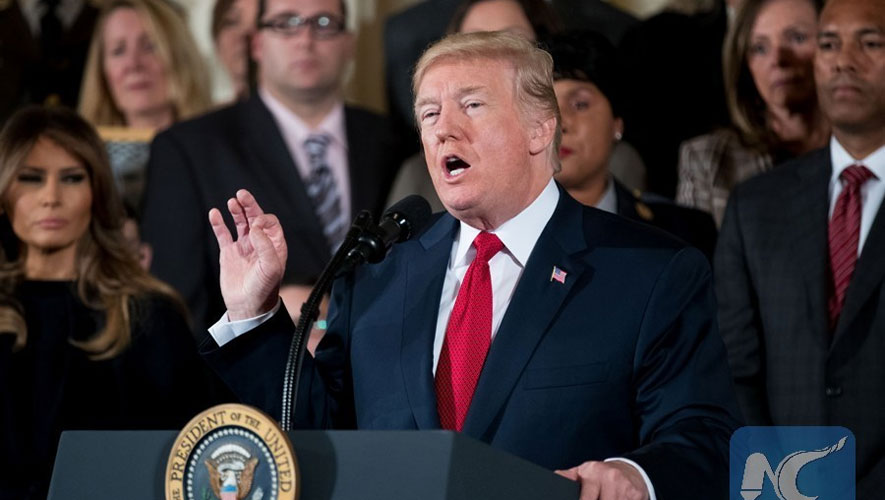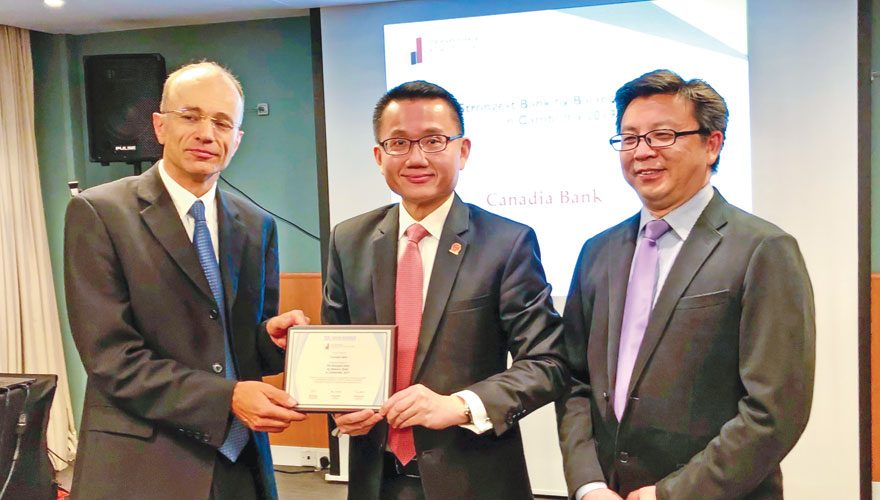One way or another, Cambodia’s preferential treatment will run its course but why not prepare for it by starting the diversification process now?
For the latest Cambodian Business news, visit Khmer Times Business
Never mind the hard line taken on Cambodia by European Union and the recent US Republican senators’ proposal to introduce the Cambodian Trade Act, it is time to diversify, say economists.
“The government should speed-up diversification of its export base to reduce vulnerability to shocks,” says Asian Development Bank lead economist on trade and regional cooperation Dr Jayant Menon.
He tells Capital Cambodia that the recent investment by mainly Japanese multinationals has allowed Cambodia to join global value chains in the assembly-end of automotive and electronic sectors.
“Workers from the garment factories could be retrained to be absorbed in these nascent but growing industries. There will be greater opportunities for upgrading and increasing value-addition in these sectors than in garments if policy settings are right.
“In return, this will provide Cambodia an opportunity to start preparing for the consequences of its own success, one of which is the end of preferential treatment,” he adds.
Already sore from the impending withdrawal of the Everything But Arms (EBA) special preference treatment and imposition of rice safeguards by EU, the recent proposal by Ted Cruz and Chris Coons to introduce the Cambodian Trade Act only dug further into the wound as it potentially jeopardises the annual $180 million exports to US.
The senators cited human rights violations as a basis for the Act, pointing towards labour rights and working conditions in the country just as Cambodia makes efforts to address those very matters.
Joining the chorus of disappointed voices, American Chamber of Commerce in Cambodia expressed its worry saying that the US move could damage businesses and livelihoods of locals.
IMF Cambodia Resident Representative Yong Sarah Zhou says it is premature to speculate on the potential outcome of the Act and its impact on the country.
She agrees that the general system of preferences (GSP) accorded to least developed countries has contributed in terms of growth and job creation in Cambodia but maintaining adequate fiscal and external buffers should be of utmost importance in the current environment. This is to ensure that Cambodia can mitigate impacts from trade-related downside risks, preserving macroeconomic and financial stability, and enhancing resilience.
“The Kingdom also needs to address binding constraints to inclusive growth and advance structural reforms and diversification to achieve its sustainable development goals,” Zhou adds.
Up to now, the US’ GSP has benefitted Cambodia particularly in zero tax export of travel goods from July 2016 but the Act makes exports vulnerable to disruptions in the travel goods sector which employs over 65,000 workers in 71 factories.
Even so, it should be noted that while exports have quadrupled over the past two years, its share in total exports remains moderate, accounting for some three percent in 2018. The Act could further cause a decline in exports, foreign direct investment and confidence.
Having said that, Menon feels that although the initial impact could be severe, the effects would short-lived as the Kingdom should be able to recalibrate itself to a more competitive environment, and offset some of the losses in new markets including those without preferential access.
He says this was witnessed when the Multi Fiber Agreement (MFA) was abolished, and none of the so-called consequences were realised.




